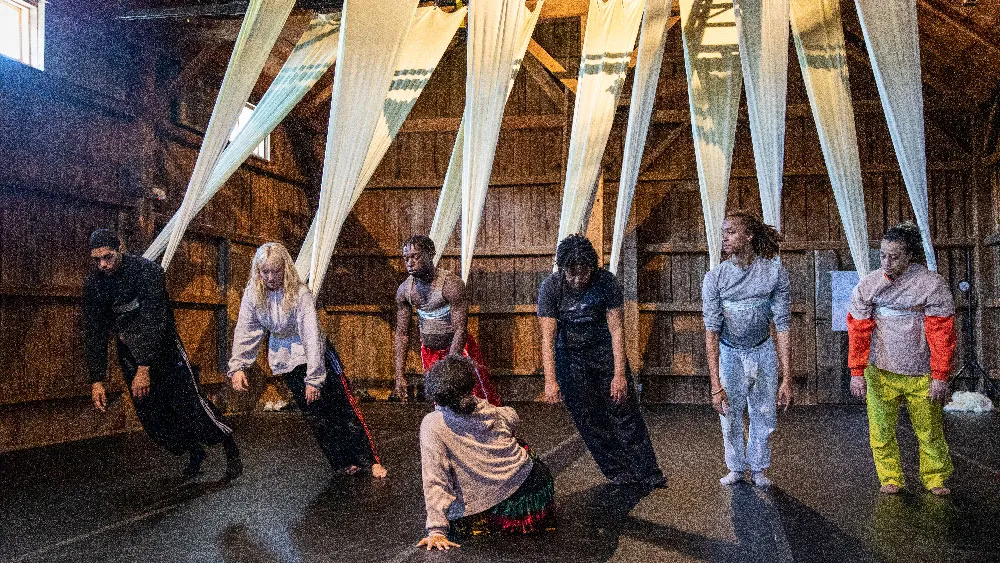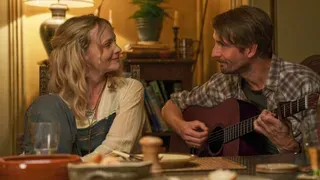May 27, 2009
Gay Moroccan writer takes on homophobia
David Foucher READ TIME: 2 MIN.
PARIS - A soft-spoken slip of a young man, Abdellah Taia hardly looks the part of an iconoclast. But as Morocco's first high-profile, openly gay man, Taia has made it his mission to win acceptance for homosexuals throughout the Muslim world.
Taia has defied Moroccan society's don't-ask, don't-tell attitude toward homosexuality - and prison sentences that are still on the books in the North African kingdom - to write five autobiographical novels about growing up poor and gay in the northern coastal city of Sale.
The novels, peppered with sexually explicit passages, have catapulted him to fame in his native country and made him the de-facto poster child of its budding gay rights movement.
His work has sparked harsh criticism. Taia said some outraged critics have called on him to renounce Moroccan citizenship so as "not to bring shame" on the country.
It's also alienated him from his parents and eight siblings, who figure extensively in the books and complain that Taia has publicly humiliated them.
But the 35-year-old author insists he's never been cowed by fallout from his work.
"When I write, I feel a sense of urgency, as if my life depended on it," Taia said in an interview in Paris, where he has lived for almost a decade. "When I first started writing, it never occurred to me to invent some fictional character and talk about made-up things."
His latest novel, "L'armee du Salut," or "Salvation Army," focuses on his decision to move to Europe. An English translation recently came out in the United States, with an introduction by author Edmund White.
Though Taia immigrated legally - he was awarded a scholarship to study in Switzerland - his experiences in Geneva paralleled those of thousands Moroccans living in Europe without papers.
After his older Swiss lover who was supposed to pick him up at the Geneva airport never shows up, a penniless Taia seeks refuge at the Salvation Army, where he lives among illegal immigrants from throughout the developing world.
In the book, he also talks about his blooming sexuality, describing teenage trysts in the back of dark movie theaters and flings with European tourists looking for more than sun on their Moroccan holidays.
Like nearly all Arab countries, Morocco considers homosexual relations a crime, punishable by fines and prison sentences of six months to three years. Such penalties are rarely applied, though, and in practice, Morocco has a long history of leniency toward homosexuality and other practices forbidden by Islam.
Asked whether he sees himself as courageous, Taia said, "The most difficult thing was to work up the courage to pick up the pen and write for the first time."
He grew up with a family of 11 sharing a two-room house. His father, a petty civil servant, and a his mother, an illiterate housewife, emphasized their children's education, sending five to college.
That was where Taia began to write. Surrounded at Rabat University by children of Morocco's French-speaking elite, he began to keep a diary to improve his written French.
His journals now serve as the foundation of his novels, which are written in French and have been translated into seven languages, including Arabic and now English.
David Foucher is the CEO of the EDGE Media Network and Pride Labs LLC, is a member of the National Lesbian & Gay Journalist Association, and is accredited with the Online Society of Film Critics. David lives with his daughter in Dedham MA.






